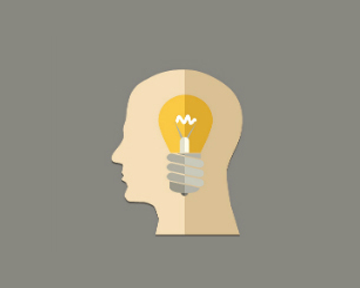2023 Informatics Tool Challenge Winners Announced
, by Elise Tookmanian, Ph.D.
Three projects were funded through the 2023 DCEG Informatics Tool Challenge. Since its establishment in 2014, the competitive program has provided support for innovative approaches to epidemiological methods, data collection, analysis, and other research efforts using modern technology and informatics.
FunctionalSNP: A comprehensive resource and web tool identifying cell type-specific candidate functional variants and uncovering target genes and mechanisms in genome-wide association study (GWAS) data
Charles Breeze (OEEB), Sonja Berndt (OEEB), Sue Pan (CBIIT), Mitchell Machiela (ITEB), Kailing Chen (CBIIT)
Genome-wide association studies (GWAS) have been very successful at identifying genetic loci associated with many different diseases and traits. However, determining the functional consequences of mutations at these loci, especially in a cell type-specific context, is difficult. FunctionalSNP aims to address this issue by bringing together a range of datasets related to gene regulation as well as prediction of protein-code changes. The tool will also develop a cell-type specific scoring system that will help researchers prioritize genetic variants for functional validation.
Web-based application to calculate cure probabilities for patients with colorectal cancer
Eric Engels (IIB), Ruth Pfeiffer (BB), David Check (BB), Soutrik Mandal (NYU, formerly BB), Bill Wheeler (IMS), George Zaki (CBIIT)
Solid organ transplantation can enable long-term survival for patients with colorectal cancer, but there are risks, including an elevated risk of cancer from the use of medications that suppress the immune system. Therefore, it is important to quantify whether the transplant is likely to be curative, in order to make the best possible determination of transplant eligibility. The proposed web-based application, similar to other risk assessment calculators previously created by DCEG investigators, will allow clinicians to calculate the cure probability for an individual patient with a history of colorectal cancer based on the patient’s information on sex, age at cancer diagnosis, cancer subsite, stage at diagnosis, and initial cancer treatment.
LDmap
Rohit Thakur (LTG), Thomas Rehling (LTG), Kevin Brown (LTG), Mitchell Machiela (ITEB)
Linkage disequilibrium (LD) data, the degree to which alleles at different loci are nonrandomly associated, is critical for identifying causal variants in GWAS data. There are a few precalculated LD matrices available for some populations, but these require further manipulation by the researcher. LDmap will address this gap by calculating pairwise LD patterns for all known variants in user-defined genomic regions. The tool will complement existing LD tools and include several publicly available data sets.
